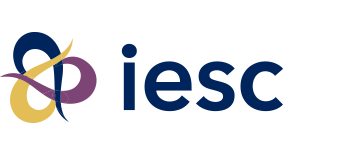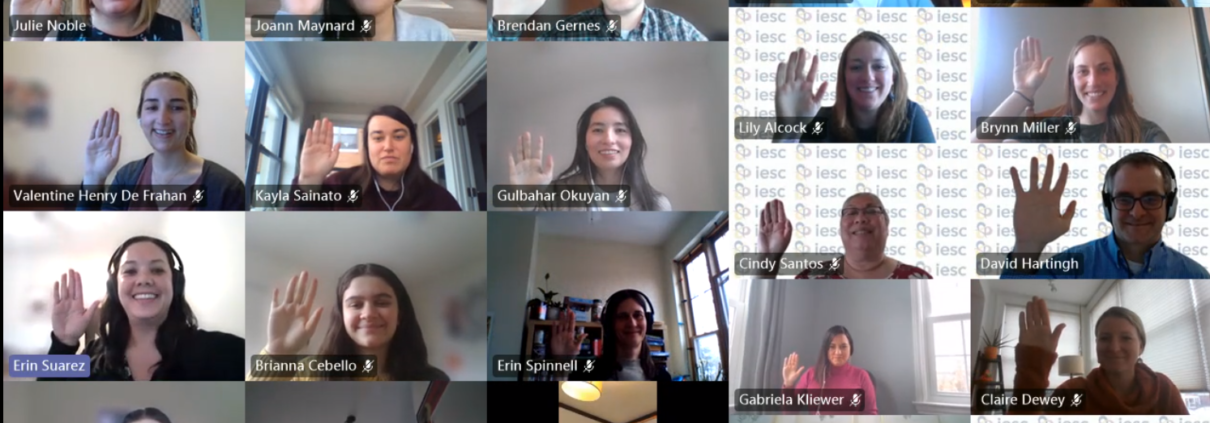International Women’s Day 2021: Choose to Challenge
By David Hartingh, President and CEO
Today we recognize International Women’s Day, a global event that celebrates the achievements of women and raises awareness about women’s equality issues. This year’s theme is Choose to Challenge, which calls on each of us to help create a more inclusive and gender equal world.
At IESC, we celebrate International Women’s Day by recognizing the immense contributions of our dedicated and dependable women staff members, in our home office and in our global program offices, as well as the consultants and volunteer experts that share their practical knowledge and technical expertise with their peers in the countries in which we work. We also celebrate the successes and accomplishments of women program participants, from the determined young entrepreneurs in Sri Lanka to the resourceful enterprising women of the Dominican Republic, who launch and expand their businesses to generate income for their families and create jobs for their communities.
International Women’s Day also serves as an important reminder that there is much more we can do to challenge gender stereotypes and promote visibility of women and their achievements. At IESC, this means tailoring our program interventions to address the specific constraints faced by women and girls in accessing economic opportunity; partnering with leading local women’s organizations across our programs to increase their outreach potential and help them grow; and generating data through the development of gender targets and the disaggregation of results. It also means promoting women to leadership positions in the home office and within our programs and highlighting the economic achievements of women. Around the world, women earn less and save less money than men, have less access to finance and banking, own less property, have less access to social protections, and hold more insecure jobs in the informal economy, while being responsible for most of their families’ caretaking responsibilities.
The COVID-19 global pandemic has, in many ways, widened the gender gaps that already existed worldwide, negating some of the progress made in recent years and widening gender poverty gaps. According to the 2020 United Nations’ Policy Brief, “The Impact of COVID-19 on Women,” the impacts of the pandemic are felt more strongly by women and girls economically, socially, and politically. As many women have been forced to take on additional duties at home, they were also more susceptible to layoffs in vulnerable service sector jobs where women are overrepresented in the workforce, including tourism, hospitality, and retail. The COVID-19 global recession is predicted to result in a prolonged decrease in women’s workforce participation and women’s incomes, with women in poverty disproportionately experiencing these impacts.
Now more than ever it is critical that we work to address the hurdles women and girls face in accessing economic opportunity. We believe that communities, enterprises, and economies are stronger when women are engaged at all levels, up to key decision making and the highest leadership roles. Expanding women’s access to education, training, and finance, and increasing women’s participation in the workforce will position economies around the world to recover more quickly and sustainably from the pandemic. We have a lot of work to do to collectively push forward for positive change and to reduce the inequalities that have been exacerbated by COVID-19.
Creating a more gender-equal world is essential for families, businesses, communities, and economies to thrive. This year, I encourage you to Choose to Challenge—challenge your biases, raise awareness, take action against inequality, and help forge a gender equal world—on this International Women’s Day and beyond.
Stay tuned to our social media channels this week for a number of women-focused stories that highlight our global program teams and our programmatic efforts to create a more gender equal and gender inclusive world. #ChooseToChallenge #IWD2021




